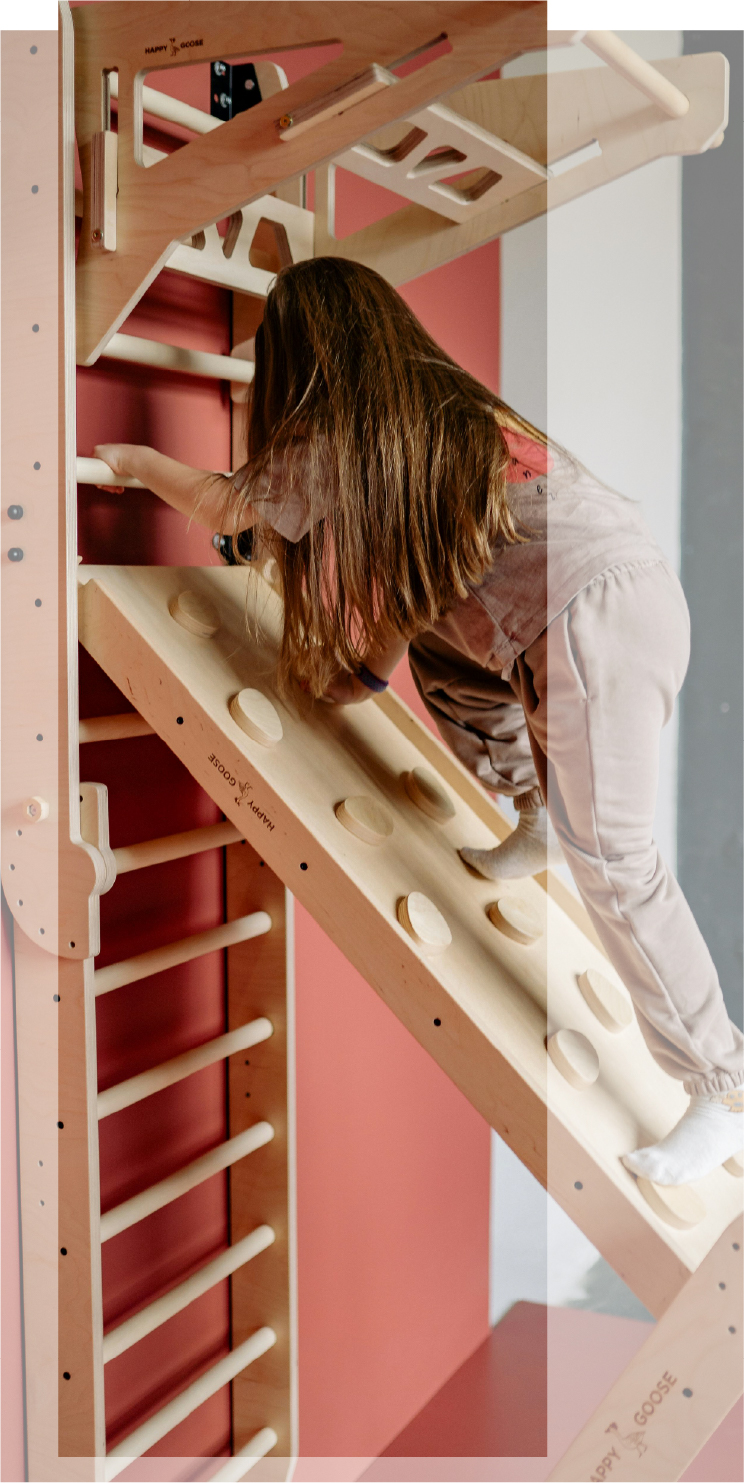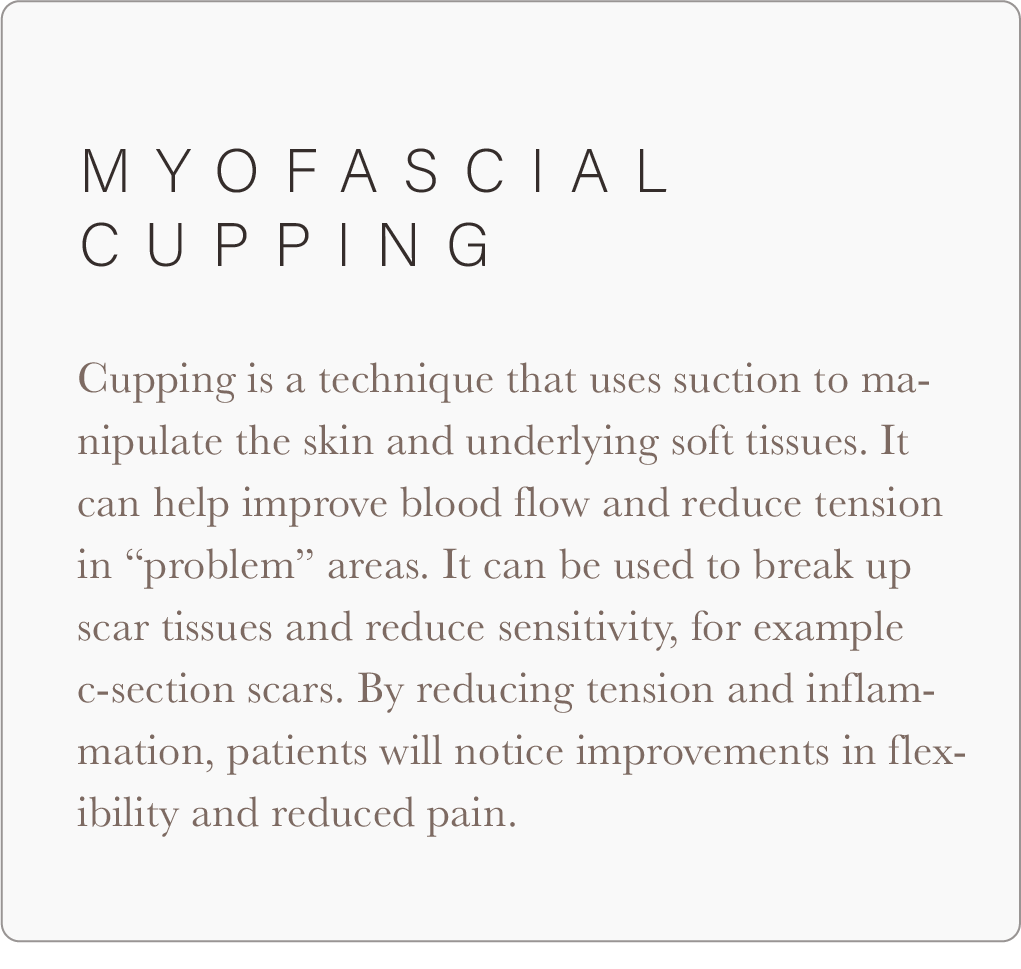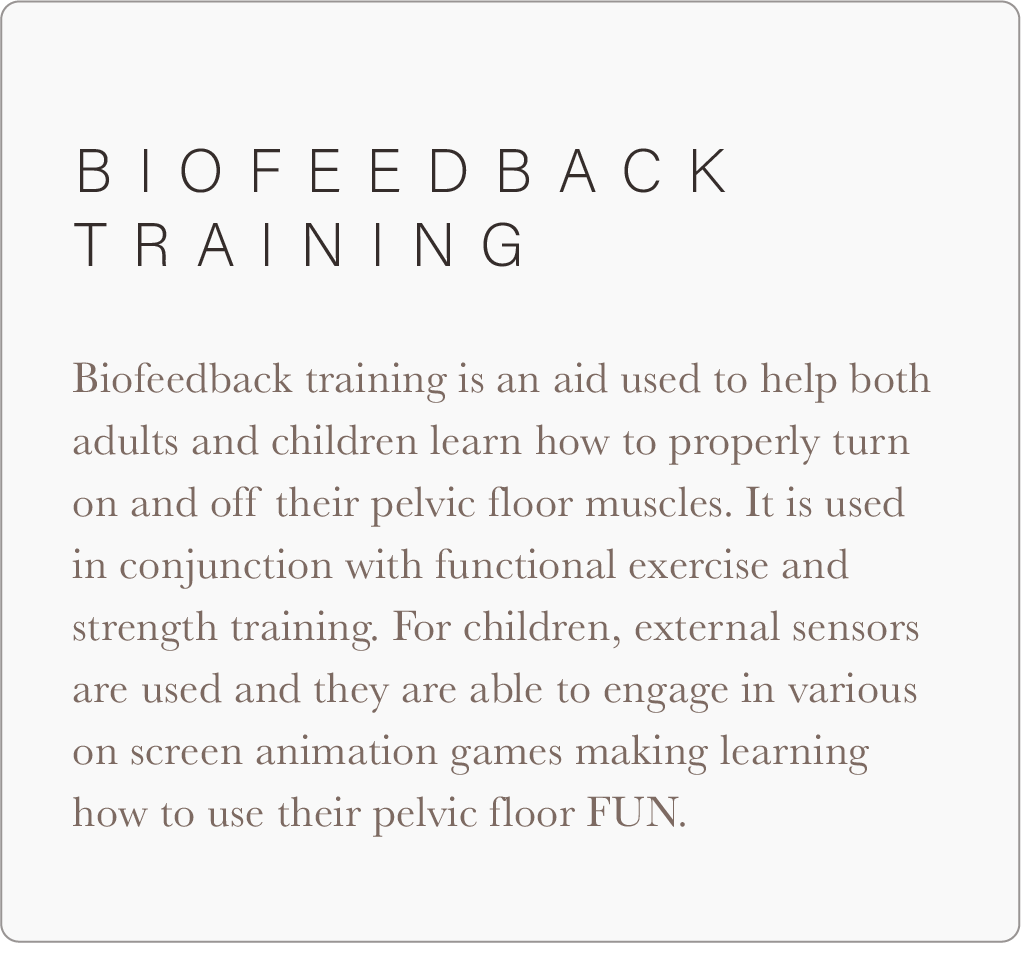
Pediatric Therapies
At Heart and Sole Therapy, our mission is to empower children and their families by providing comprehensive, compassionate, and individualized pediatric therapy services with a collaborative team based approach. Through Physical, Occupational, and Speech Therapy, we aim to foster each child’s unique strengths, promote functional independence, and support their developmental journey. We strive to enhance the quality of life of each child we serve through collaboration, innovation, and evidence-based practices, ensuring they can reach their full potential.
We are committed to provide a safe space for women and children to feel heard and seen. We are devoted to enhancing each individual’s quality of life and ensuring that your needs are being addressed.
Every Child Matters


Early Identification and Intervention
Early treatment in children with pelvic floor dysfunction can create better bowel and bladder habits enabling children to develop a healthy pelvic floor as they continue to grow. Early detection of dysfunction can help prevent worsening symptoms such as wetting, fecal incontinence, pelvic pain and fear with toileting. Addressing bowel and bladder issues in children can have an immediate impact on a child’s confidence and self-esteem.

Pediatric Services


pediatric occupational therapy
Pediatric
Occupational
challenges and delays
Fine Motor Skills
Sensory Processing
Self-Care and Independence
Social Skills
Cognitive Skills
Emotional Regulation
pediatric PHYSICAL therapy
Pediatric
Physical
challenges and delays
Developmental Assistance
Mobility Enhancement
Strength and Flexibility
Coordination and Balance
Pain Management
Prevention of Future Issues
pediatric speech therapy
Pediatric
Speech
challenges and delays
Speech Sound Disorders
Language Disorders
Social Communication (Pragmatics)
Fluency Disorders (Stuttering)
Voice Disorders
Feeding and Swallowing Issues
pediatric pelvic floor
A strong and properly functioning pelvic floor is vital for children to develop appropriate bowel and bladder control. Pediatric pelvic floor dysfunction affects at least 20% of school aged children worldwide. Millions of children are suffering from pelvic floor dysfunction and their families are left frustrated not knowing how to help. These children are often left feeling shame or embarrassment.
Pediatric
Pelvic Health
challenges and delays
Nocturnal enuresis (Bedwetting)
Fecal and urinary incontinence
Constipation
Pelvic Pain
Encopresis (Poop Withholding)




contact us
Hippotherapy
coming soon...
The term “hippotherapy” is derived from the Greek word “hippos,” which means horse. While it may sound like a recreational activity, it is, in fact, a specialized intervention conducted by trained physical therapists, occupational therapists, or speech-language pathologists, who incorporate the movement of the horse into their treatment plans.










